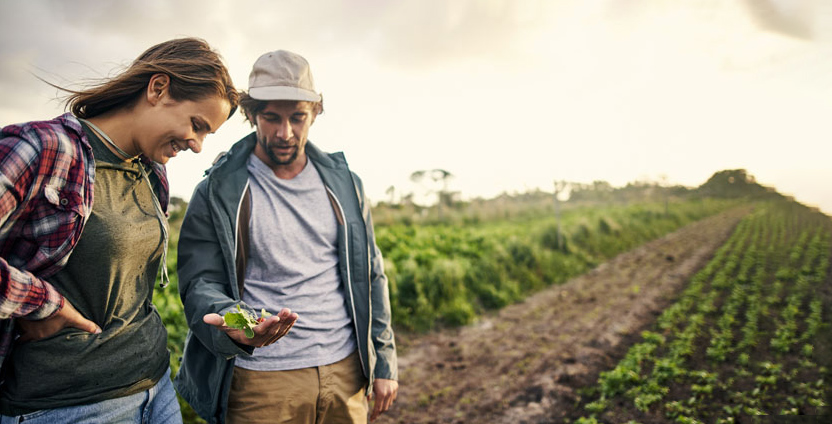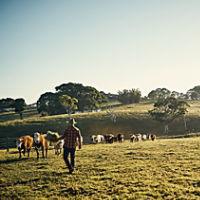The announcement follows the completion of a successful pilot earlier this year involving a group of livestock and mixed farming customers in Victoria, Queensland, New South Wales, and Tasmania. Pilot participants were able to see their own emissions profile and consider actions which might be of benefit to their enterprise.
A range of abatement activities were modelled as part of the pilot, with pasture management and livestock management practices emerging as the most popular abatement activities modelled by pilot participants.
Natasha Greenwood, CBA’s General Manager, Agribusiness, said: “Many of our customers tell us they want more information on baseline measurement and practices which can be adopted to build resilience, lift productivity, and enable them to demonstrate their sustainability credentials. CBA’s partnership with Ruminati will help solve for this.
"We recognise that every farming enterprise will have its own goals in relation to transition depending on its capacity to make changes in farming practices or to adopt new technologies. It is, however, important that we provide customers with the option of understanding their starting point through baseline measurement. This starts the conversation around what activities can be considered, what would be of benefit to that enterprise, the investment required and return of those activities, and how can we help finance them.
"The potential for impact is great, as strategies around herd management, grazing and pasture management practices, increasing shelter belts, and reduced input usage and management are aligned with improving both the economic and environmental outcomes for Australian farmers.”
Ruminati Co-Founder and farmer, Bobby Miller, said: “The results from our pilot with CommBank have really demonstrated the appetite producers have for tracking and managing emissions. They’re not just interested in emissions data- they're digging into the Ruminati platform to understand ways to manage their emissions and make real changes on their property.
"Within the ag industry we’re witnessing a real paradigm shift in emissions management, with a greater emphasis being put on practical strategies and measurement. We’re proud to be working with CommBank on setting the gold standard for emissions tracking that supports and informs both producer and industry targets.”
Farmers David and Ruth Jones, of Somerby Rolleston in Central Queensland, recently participated in CBA’s Ruminati pilot, and commented favourably on the outcomes.
"We have been sitting on the fence for a long time with regard to carbon and baselining, so we were glad when CBA approached us about trialling Ruminati as they literally did our shopping around for us. Access to Ruminati as a platform for a baseline and ‘getting our number’ was not nearly as daunting as we initially thought. Once we gathered figures relating to our total usage for the year, navigating the website and entering our data was a walk in the park,” they said.
"From there, we found the information very easy to understand to see what decisions we could make that would have a direct impact on short and long-term trend indicators. Since undertaking the pilot, some of the abatement activities we’ve begun trialling include introducing bio-fertiliser in our cropping enterprise and strategically selecting areas in grazing paddocks to return to their natural state.”



